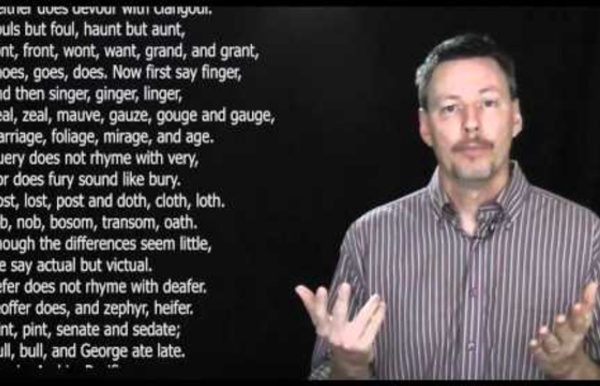



http://www.youtube.com/watch?v=1edPxKqiptw
Related: speaking • Speak26 Fresh ESL Conversation Starters to Get Students Talking! 10 Oct I love teaching conversation in the ESL classroom. Part of it must be that because the students able to “converse” in English are better able to demonstrate their personalities, preferences, thoughts… and therefore, I get to know them better. Often it is simply hilarious to see the range of answers students feel free to share in a comfortable environment. Speech Analysis: How to Critique a Speech Published: Jan 18th, 2008 Studying other speakers is a critical skill, one of the 25 essential skills for a public speaker. The ability to analyze a speech will accelerate the growth of any speaker. The Speech Analysis Series is a series of articles examining different aspects of presentation analysis. You will learn how to study a speech and how to deliver an effective speech evaluation.
Conversation Questions for the ESL/EFL Classroom If this is your first time here, then read the Teacher's Guide to Using These PagesIf you can think of a good question for any list, please send it to us. Home | Articles | Lessons | Techniques | Questions | Games | Jokes | Things for Teachers | Links | Activities for ESL Students Would you like to help? If you can think of a good question for any list, please send it to us. Engage Now - Student Interactions - teacher heath Do you hear your students say things like: "No! That's Wrong!" "What are you talking about?" BusyTeacher.org The knowledge and experience they share are fascinating, and they get speaking practice to boot. But you can’t just throw students up front and expect them to succeed. There are important steps to get them ready for upfront speaking.
BusyTeacher.org It’s only natural. After all, they are trying to talk in a language they are still working on learning. Still, silence can be deadly in the ESL classroom for your students and you. When you want to get your students to speak up, try one of these fun and simple games to get them talking in class. 1This is How We RollYou can use this simple game as a get to know you at the start of school or later as a get to know you better activity. Nobel Prize Awarded Women Ada Yonath, Nobel Laureate in Chemistry 2009, in conversation with His Majesty King Carl XVI Gustaf of Sweden at the Nobel Banquet, 10 December 2009.Copyright © The Nobel Foundation 2009 Photo: Orasisfoto Youyou Tu, Nobel Laureate in Physiology or Medicine 2015, on stage with her family after the Nobel Prize award ceremony on 10 December 2015.Copyright © Nobel Media 2015 Photo: Alexander Mahmoud Svetlana Alexievich, Nobel Laureate in Literature 2015, presenting her gift to the Nobel Museum's collection: one of her five tape recorders, on 6 December 2015.Copyright © Nobel Media 2015 Photo: Alexander Mahmoud May-Britt Moser, Nobel Laureate in Physiology or Medicine 2014, after receiving the news about the Nobel Prize.Photo: Nancy Bazilchuk, NTNU Communication Div. Elizabeth Blackburn, Nobel Laureate in Physiology or Medicine 2009, in her lab at the University of California, San Francisco.Copyright © University of California, San Francisco 2009 Photo: Elisabeth Fall/fallfoto.com Gertrude B.
A few discussion activities for English language students What discussion activities work in class? Tekhnologic, winner of the British Council’s Teaching English blog award for a post on setting discussion goals, shares a few ideas. A discussion can bring out your students’ interests and motivate them; it’s a chance for them to talk about the things they really care about. Giving and justifying opinions in English can also bring students a sense of accomplishment, as they are using the language to express complex ideas.